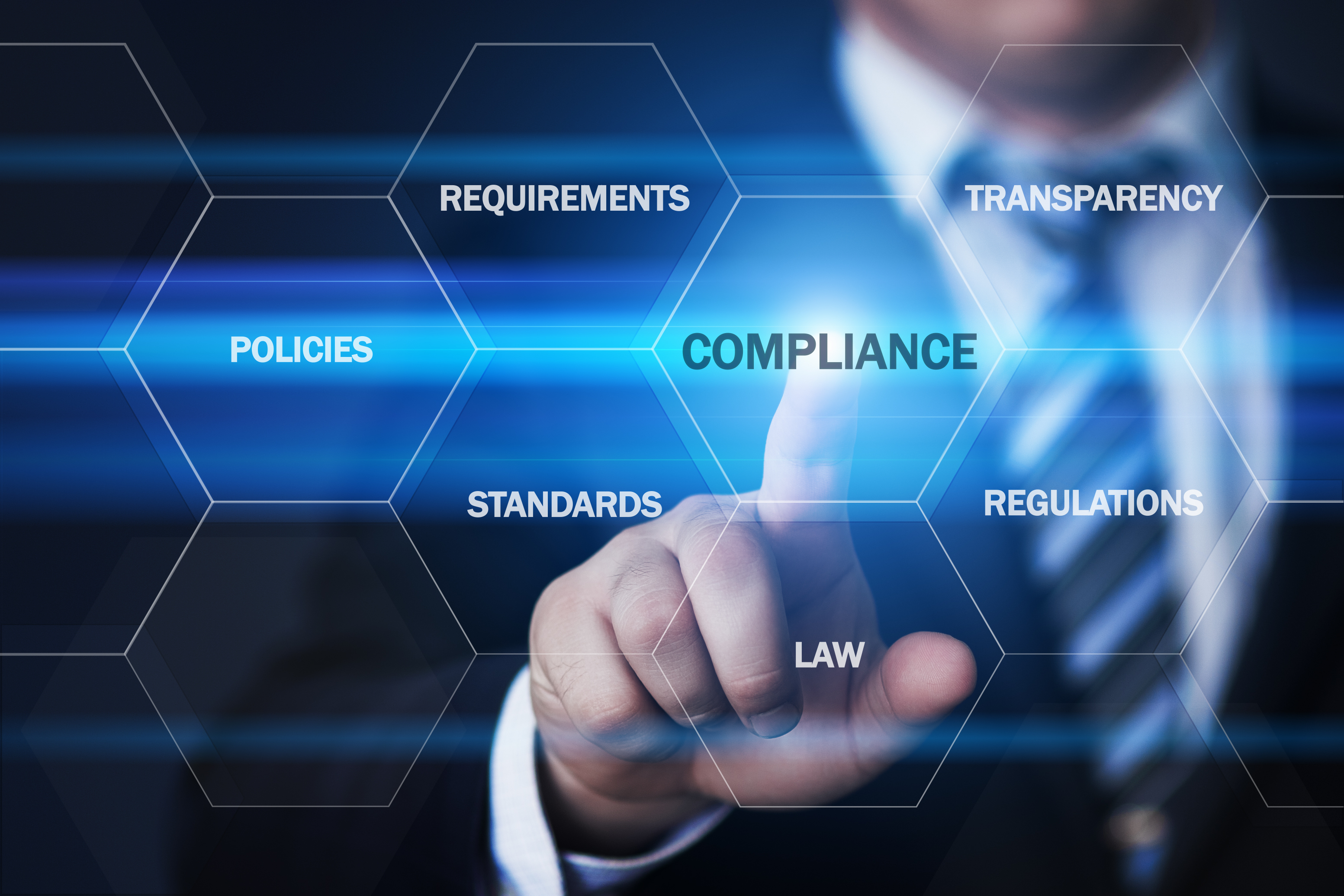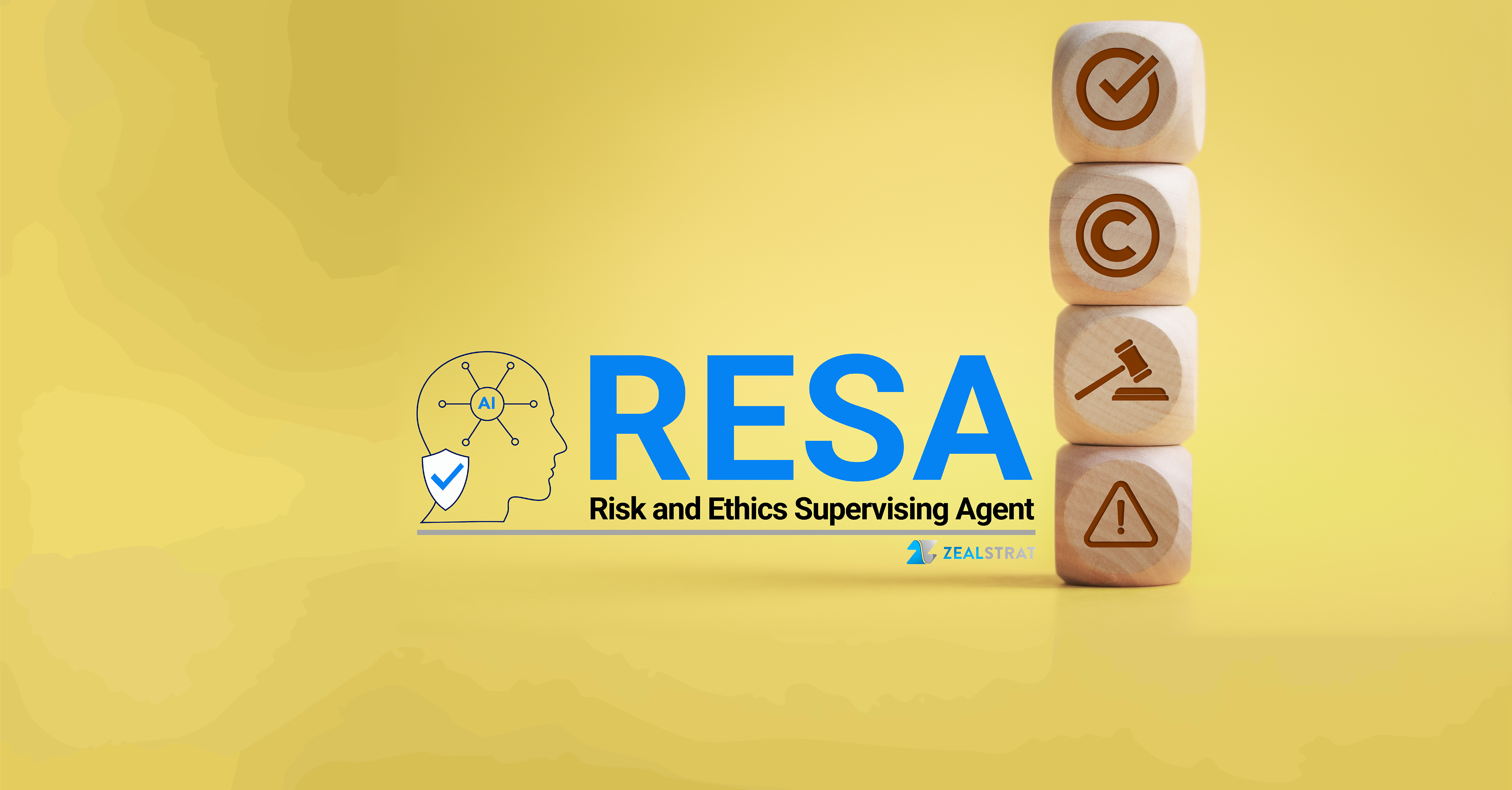
Installing AI Governance
AI Governance: Installing a framework in your business
In the rapidly evolving landscape of artificial intelligence, organizations face the critical challenge of ensuring their AI systems are developed and deployed ethically. Yet according to Harvard Law School's Alissa Kole:
"In the past three years in particular, the interest in AI's role to support corporate strategy development and implementation has grown to the point that 36% of S&P 500 companies mentioned AI in their earnings calls last quarter. Yet, only 13% of these companies have AI expertise on the board."[1]
The Reality of AI Governance in Organizations
As we have discussed in our article, "The Imperative of High Ethical Standards for AI in Business", the need for robust AI governance is clear, the implementation often falls short of the ideal. Through experiences and interactions with various organizations and secondary research, we've observed a spectrum of approaches and challenges:
1. The Bureaucratic Approach
Some large companies have established cross-functional AI or generative AI boards that report directly to the board of directors. While well-intentioned, these efforts often get bogged down in bureaucracy. Establishing the governance framework and committee gets bogged down by the existing business priorities and commitments, yet various AI systems creep into the business through new vendor relationships, expanded offerings from existing vendors, or in-house model development work.
2. The Startup Dilemma
Small companies and startups often find themselves in a particularly challenging position. Many are leveraging AI extensively to drive innovation and growth. However, their focus is necessarily on survival and reaching the next funding milestone or wondering if their product will encounter a massive pivot point after getting into the hands of customers. Governance takes a back seat to immediate business needs, potentially setting the stage for ethical challenges down the road.
3. The Tech Giants' Approach
At the other end of the spectrum, we have the AI industry leaders like OpenAI, Microsoft, and Google. These companies often advertise their commitment to ethical AI and governance. However, the depth and effectiveness of these efforts have generated far less publicity in the news than of safety groups at these companies being defunded. There's a risk that governance becomes more about public relations than an integrated system that serves to decrease AI risk.
Building a Path Forward
Despite these challenges, there's a critical need for businesses to take a proactive stance on AI governance. Here's what we propose:
-
Leverage Existing Frameworks: We don't need to reinvent the wheel. Frameworks like the NIST AI Risk Management Framework and IEEE CertifAIEd™ standards provide excellent starting points. These can be adapted to fit an organization's specific needs and context.
-
Start the Conversation: Dedicate time and resources to discussing what ethical AI means for your organization. This isn't just a technical discussion - it needs to involve stakeholders from across the business.
-
Document and Operationalize: Turn these discussions into concrete policies and procedures. These should provide clear guardrails for AI development and use within your organization.
-
Make it Accessible: Ensure that these guidelines are understandable and accessible to both your human employees and your AI systems. Consider using AI to help enforce and monitor adherence to these policies through AIOps or other techniques that manage the total AI system lifecycle.
-
Continuous Review: AI technology is evolving rapidly. Your governance approach needs to evolve with it. Regular reviews and updates of not only the AI system, but also the AI system governance should be built into your management system.
-
Embrace Transparency: Be open about your AI governance efforts, both internally and externally. This can help build trust with employees, customers, and regulators.
-
Create an AI System Inventory: Develop a comprehensive inventory and performance management system of all AI systems within your organization, similar to how HR systems like Workday track employee information. This inventory should include:
-
Basic information about each AI system (name, purpose, deployment date)
-
Technical details (algorithms used, data sources, performance metrics)
-
Risk assessment and ethical considerations
-
Responsible team or individuals
-
Compliance status with relevant regulations and internal policies
-
Update and review history
An AI inventory provides a central repository of information, enabling better oversight, facilitating audits, and supporting informed decision-making about AI governance and continuous improvement. It can help identify potential risks, track the evolution of AI systems over time, and ensure that all systems are accounted for and properly managed.
The Path to Ethical AI is a Journey
Implementing effective AI governance is not a one-time task but an ongoing process. It requires commitment, resources, and a willingness to grapple with complex ethical questions. However, the alternative - allowing AI to proliferate in your enterprise without adequate oversight - poses far greater risks.
As business leaders and stakeholders in our collective future, we have a responsibility to ensure that AI is developed and deployed ethically. By taking concrete steps towards robust AI governance today, we can help shape a future where AI enhances our future rather than undermining it.
At ZealStrat, we're committed to helping organizations navigate these challenges. Our team of experts can guide you in developing and implementing AI governance frameworks that are both effective and adaptable to your specific needs. Together, we can work towards a future where AI is not just powerful, but also trustworthy and aligned with human values.
References:
[1] Harvard Law School Forum on Corporate Governance (2024). A new governance paradigm is necessary for AI-powered boards. Available at: https://corpgov.law.harvard.edu/2024/04/21/a-new-governance-paradigm-is-necessary-for-ai-powered-boards/
Posts

Revolutionizing AI Compliance: Introducing ZealStrat's RESA
Compliance = Competitive Advantage In today's rapidly evolving AI landscape, en....

Why Prediction Markets Outperform Traditional Surveys
Smarter Forecasts. Sharper Decisions. In an era where data drives decisions, bu....

Managing AI Risks in New Product Development
Artificial Intelligence (AI) is rapidly transforming New Product Development (NP....

AI and Ethics in Practice: Podcast Episode
Our CEO Dr. Ganesan Keerthivasan and our Head of AI Ethics Dr. Tom Tirpak recent....

Why MLOps is Required: The Mission Control Imperative
Taking to heart the advice of business leadership expert Simon Sinek, let's star....

AI System Inventories - The Foundation for Governance
In a conference room last week, a CTO asked her team a seemingly simple question....